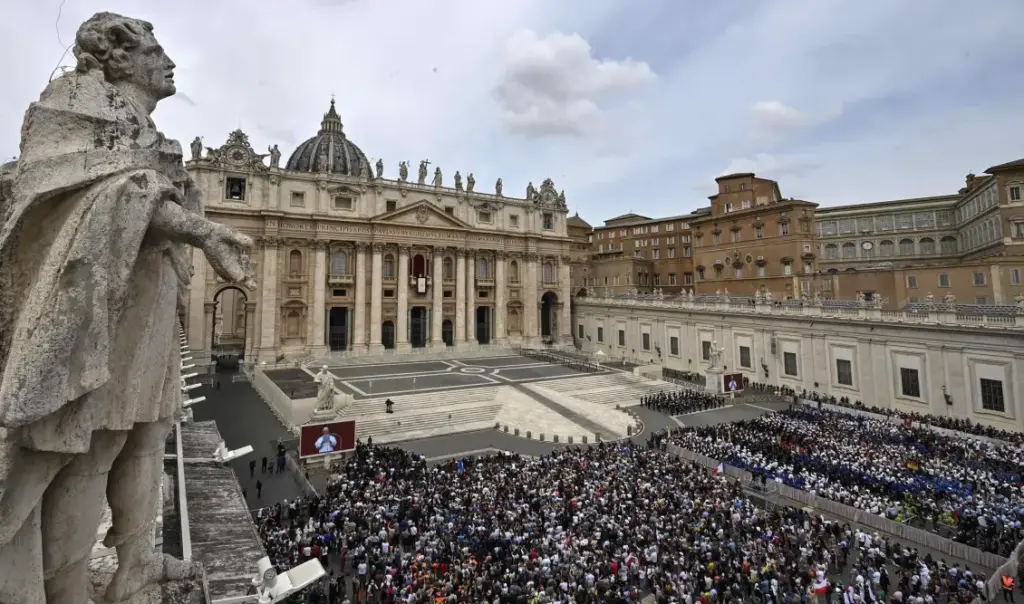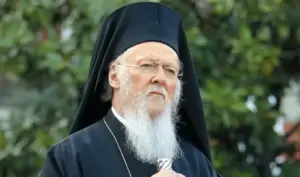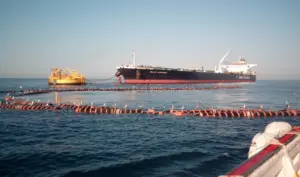A new scandal erupts at the Vatican with serious indications of illegal manipulation of bank transfers and money laundering. Libero Milone, former Deloitte auditor and former head of Vatican financial services, who was hired by Pope Francis in 2015, recently denounced the existence of specialized tools that alter international bank account numbers (IBAN) in the SWIFT system, while he had resigned in 2017 after espionage charges against him, which he considers retaliation for exposing financial misconduct connected to top Vatican officials.
Vatican: Serious allegations of bank transfer manipulation and money laundering
Specifically, in 2015, Pope Francis hired Libero Milone, former auditor of the leading accounting firm Deloitte, in Vatican financial services, aiming to correct the Holy See’s finances after years of neglect and scandals. Two years later, Milone was forced to resign after senior Vatican officials accused him of being a spy.
He claims he was expelled because he had identified financial misconduct connected to the former head of police and cardinal of the city-state, Giovanni Angelo Becciu, who was convicted in 2023 for embezzling Vatican capital. Last month, Milone reported for the first time the existence of tools that could alter international bank account numbers (IBAN) in transfers through the international SWIFT system.
“I have a piece of paper that says they can change transactions — they can change the name — at any time”
The Catholic website The Pillar in its posts hinted that it possessed extensive evidence of practices revealed during Milone’s tenure at the Vatican and was considering whether to utilize the material. In a press conference last week, Milone himself confirmed the claims. However, he refused to provide additional documents or go beyond what The Pillar reported. “I have a piece of paper that says they can change transactions — they can change the name — at any time,” Milone claimed, also implying that he possessed further evidence of improper practices in the city-state, but avoided naming them, insisting he didn’t want to draw attention to himself.
Vatican rejects the allegations
Vatican spokesman Matteo Bruni categorically denied the claims, characterizing them as “completely unfounded.” He also rejected any negligence, recalling continuous financial audits between 2020 and 2024, which found “no anomalies.”
A person familiar with the SWIFT system’s operations, speaking to POLITICO on condition of anonymity, insisted that “it is not possible to modify the content of a payment message once it has been sent,” due to the use of verifiable digital signatures and high-level encryption that applies to those transacting through SWIFT.
Milone said he didn’t know exactly how these tools could bypass the restrictions, but assured that he saw evidence proving that transactions had been processed.
Once again under question
Catholic sources confided anonymously to POLITICO earlier this year that the new pontiff Leo XIV was chosen partly because he was considered someone who could restore Vatican credibility, and indeed some recent developments had restored some trust.
Milone’s claims would undermine this progress and rekindle unpleasant memories of past financial scandals, dating from the era of Pope Paul VI and John Paul II. In the 1980s and 1990s, Italian judges investigated claims that Holy See resources had been used to launder Cosa Nostra profits, aimed at financing anti-communist movements in Latin America and Eastern Europe. The investigations began when in 1982 Milanese banker Roberto Calvi was found hanging from a London bridge, who had strong connections to the Vatican and had been characterized as “God’s banker.” The Vatican never admitted to committing any crime, but acknowledged “moral involvement” in the collapse of Calvi’s bank, Banco Ambrosiano.
More recently, in 2023, Cardinal Becciu, a once powerful cardinal in the Vatican’s Secretariat of State, was convicted after it was found that he had directed Vatican funds to a Sardinian charitable organization connected to his family. Becciu was also convicted for his role in a failed London real estate deal that cost the Vatican over 100 million euros.




